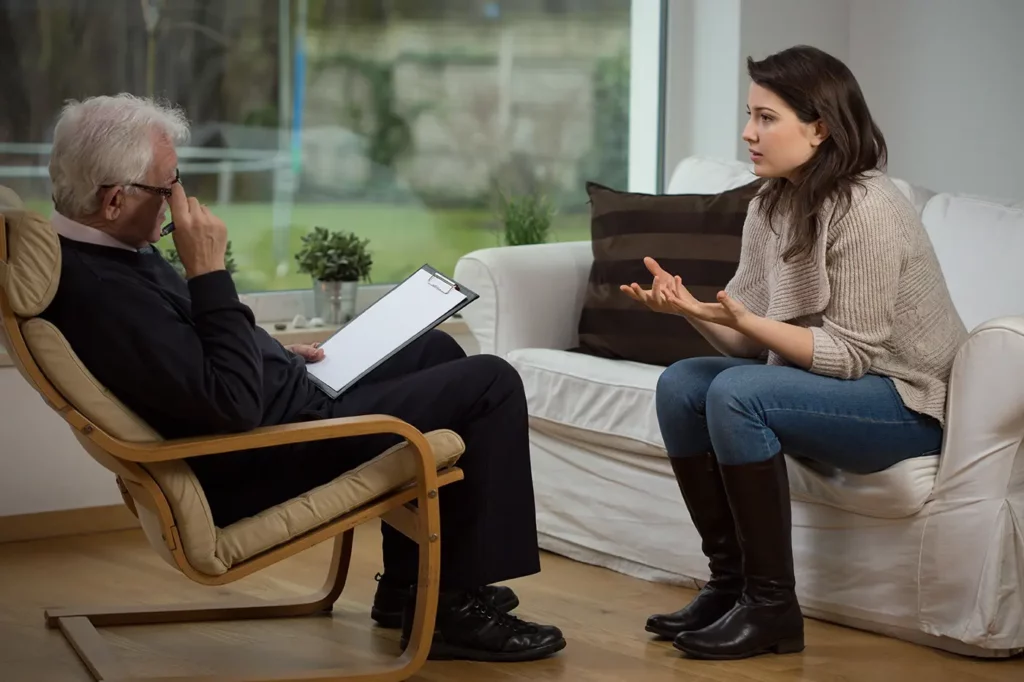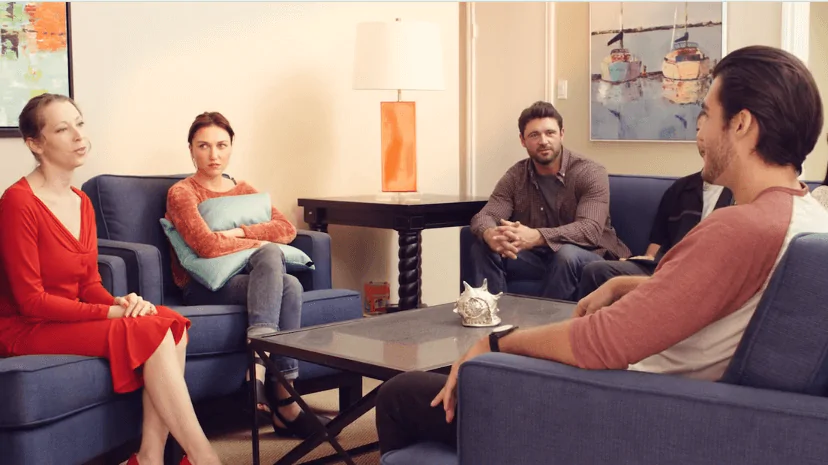24/7 Helpline:
(866) 899-221924/7 Helpline:
(866) 899-2219
Learn more about Prescription drug Rehab centers in Clarkson

Other Insurance Options

Medical Mutual of Ohio

GEHA

Access to Recovery (ATR) Voucher

Holman Group

Providence

Cigna

Optum

Absolute Total Care

American Behavioral

MVP Healthcare

BlueShield
Beacon

Regence

UMR

Aetna

Multiplan

MHNNet Behavioral Health

Health Partners

Excellus

State Farm

Spero Health – Clarkson
Spero Health – Clarkson is a private rehab located in Clarkson, Kentucky. Spero Health – Clarkson sp...























Pathways Counseling Services
Pathway Counseling Services offers outpatient substance abuse counseling sessions. Pathway Counselin...

Communicare Clinic
Communicare Clinic is a private rehab located in Leitchfield, Kentucky. Communicare Clinic specializ...













































































